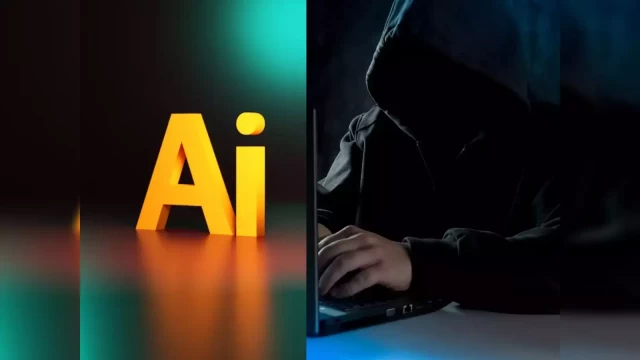Deepfake Content: Government's Mandates to Social Media Firms for Full Compliance
- Posted on December 5, 2023
- Technology
- By Arijit Dutta
- 346 Views
The Indian IT Ministry is pressing social media platforms for complete compliance in tackling deepfake content, intending to curb misinformation. Advisories are being issued, following previous directives for rule adjustments. This move aims to ensure platforms abide by regulations and swiftly address misleading content within 24 hours.
 Image Source -www.economictimes.indiatimes.com
Image Source -www.economictimes.indiatimes.com
India's
IT Ministry is actively engaged in combatting the proliferation of deepfake content across social media platforms. With a surge in instances involving
manipulated images and videos, the ministry, led by Rajeev Chandrasekhar, is
set to issue comprehensive advisories to these platforms. This proactive step
aims for a 100% compliance rate in tackling deepfake content, safeguarding
users from potential misinformation.
During
the recent 'Digital India Dialogues' meeting focused on misinformation and
deepfakes, Minister Chandrasekhar evaluated the progress made since the
November 24 meeting. At that time, the government had given platforms a
seven-day window to align their policies with Indian regulations, specifically
targeting the spread of deepfakes.
Acknowledging
the positive responses from several platforms following the previous
directives, Chandrasekhar affirmed the forthcoming issuance of advisories to
ensure complete compliance within the next two days. Moreover, discussions are
ongoing regarding amended IT rules to further fortify platform compliance and
bolster the safety and trust of digital citizens.
Under the current IT Rules, specifically Rule 3(1)(b), platforms are mandated to expeditiously remove twelve categories of misleading content within 24 hours of receiving user complaints. Additionally, the government plans to take stringent action against 100% violations of these rules in the future, enforcing strict penalties to deter non-compliance.
Also Read: Noida Police's Traffic Advisory For Ambedkar Death Anniversary: Route Diversions Unveiled
Minister
Chandrasekhar emphasized the pivotal role of intermediaries in promptly
removing such content upon receipt of reports, be it from users or government
authorities. Failure to comply with these regulations invokes Rule 7,
empowering affected individuals to take legal action against platforms under
the Indian Penal Code.
To
support users affected by deepfakes, Chandrasekhar encouraged filing First
Information Reports (FIRs) at local police stations. India has been actively
considering regulatory measures to curb the proliferation of deepfakes and
mitigate potential harm caused by AI-generated content.
Moreover,
the Delhi High Court sought the Central government's response in a PIL
concerning the absence of specific regulations addressing artificial
intelligence and deepfake technologies in India. Google also affirmed its
collaboration with the Indian government in a multi-stakeholder discussion,
aligning with efforts to responsibly tackle the challenge posed by artificial
intelligence.




